As a busy mom about to put her home on the market, scheduling a colonoscopy toppled to the bottom of Cindy Bouma’s to-do list.
Prepping her home and moving to new digs seemed more important. And certainly more appealing.
But after turning 50, and procrastinating a year, Bouma dutifully consented to a colon scope.
It may have saved her life.
The colonoscopy revealed a large mass in the descending colon on her left side, which doctors initially believed to be benign.
Biopsies and further testing revealed the cancerous truth.
“If I hadn’t gone in for routine screening, if I hadn’t gone in until I was having symptoms and problems, I don’t know what would have happened,” said Bouma, communications director for the local American Heart Association. “What if I had waited until I was 55?”
Nobody knows the answer to that question, but Bouma can surmise.
With an early catch, and new technology, however, Bouma’s outlook remained optimistic.
She qualified for a new endoscopic surgical procedure that Mainor Antillon, MD, Spectrum Health’s division chief of gastroenterology, had studied in Japan.
Endoscopic submucosal dissection, known as ESD, is a minimally invasive procedure designed to remove benign and early-stage cancer.
Dr. Antillon removed Bouma’s mass with no incision required.
The beauty of ESD? A reduced risk of complications, less time in the hospital, reduced pain and faster recovery.
“The procedure works by removing only the sick part and leaving the organ intact,” Dr. Antillon said. “We remove only what needs to be removed and leave everything normal inside the patient. In traditional surgery, we remove normal tissue that is not necessary to remove.”
Dr. Antillon said another huge benefit of ESD is that patients may resume normal life activities after the procedure, typically the next day.
He has been perfecting ESD skills since 2005. He has performed 20 such colon and 10 esophageal procedures at Spectrum Health.
At the time, Bouma was only the fourth patient in Michigan to undergo the highly proficient procedure.
“The ESD program at Spectrum is growing as people begin to realize that this technique is effective and safe,” he said.
Because of little down time, Bouma was able to proceed with her home prep, sale and move, as planned.
She painted about 70 percent of her home herself. She roamed home improvement stores in search of the perfect carpet and appliances.
“During this whole time I was remodeling my home,” she said. “Had I been put on disability during this time, it really would have altered our plans. If I had gone through a traditional surgery, I would have had to delay my move.”
Bouma is grateful for Dr. Antillon’s skills and her quick recovery.
“Within a few days I was back at work,” Bouma said. “I had a girlfriend the same age go through a colonoscopy. They found a benign mass.”
Her friend chose traditional surgery.
“I think she was off from work for eight weeks and she couldn’t drive for a couple of weeks,” Bouma said. “When I compare my procedure, I was tremendously lucky. My recovery was minimal.”
Bouma, who will undergo another colonoscopy later this year, said the experience has helped her help others. She encourages friends—and strangers—to get tested.
“If I had waited until I was 55, I would be looking at chemotherapy and radiation and other treatment,” she said. “Having screening at age 50 was critically important in my case. The whole thing was a fortunate set of circumstances.”
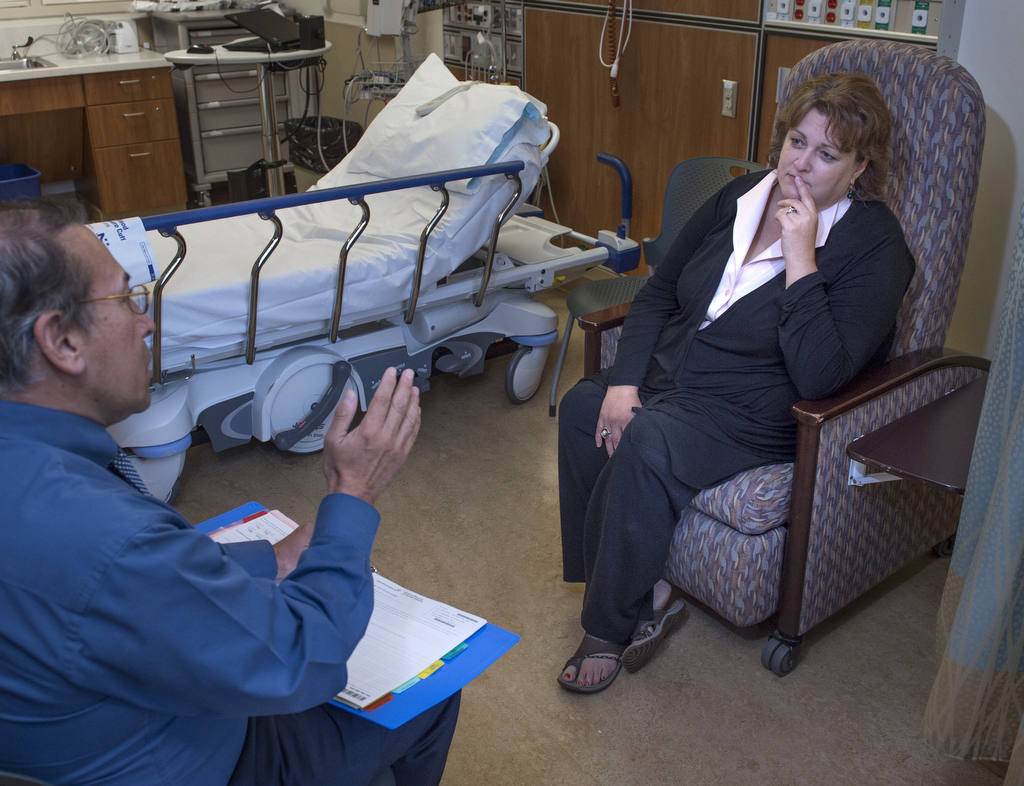
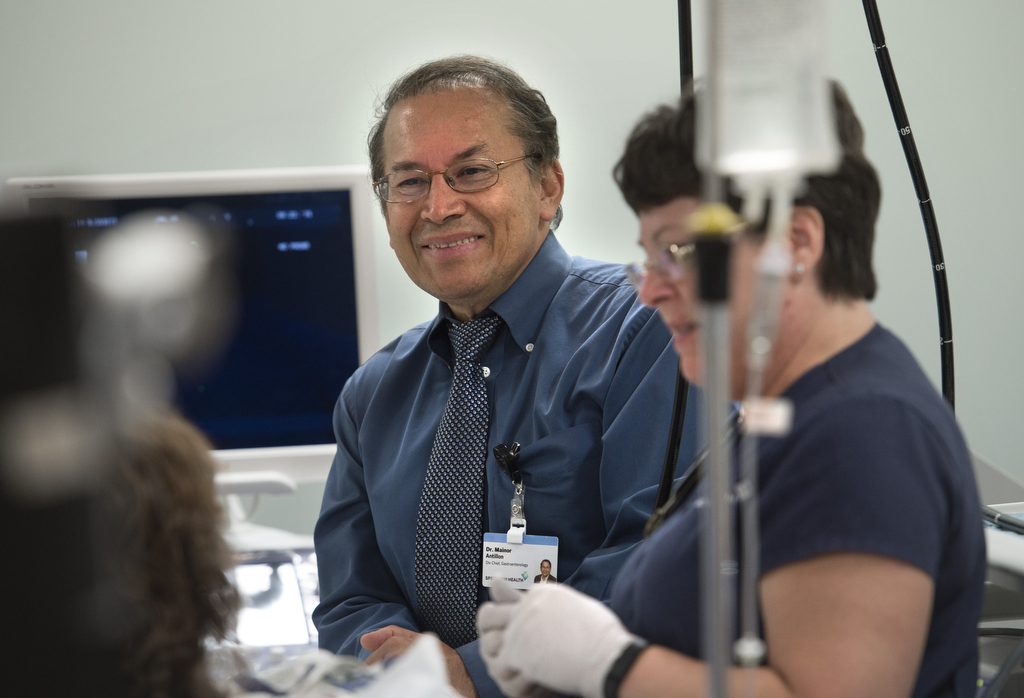
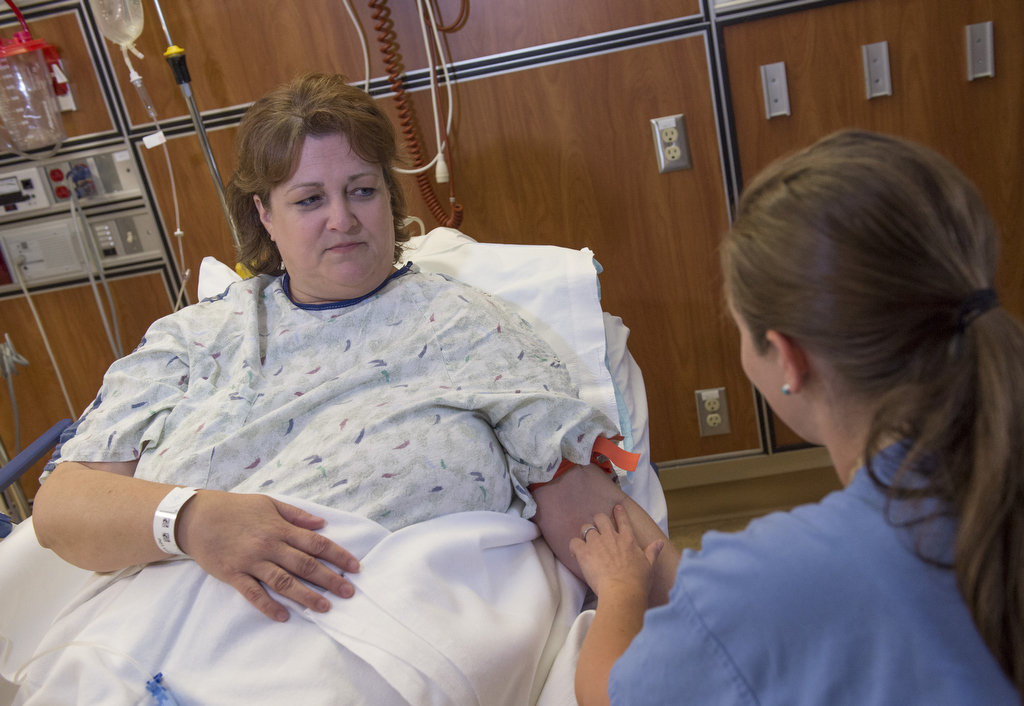
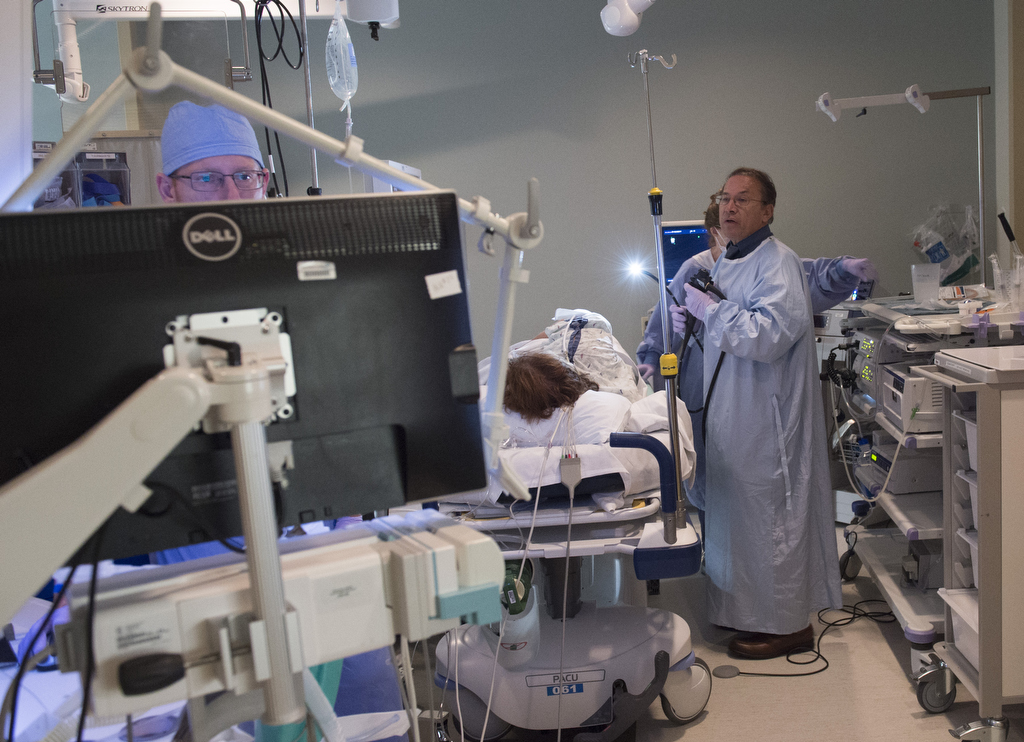
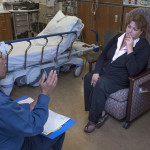
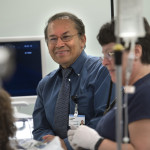
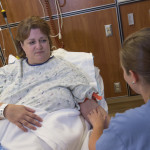
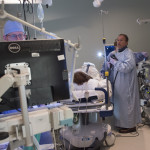
 /a>
/a>
 /a>
/a>
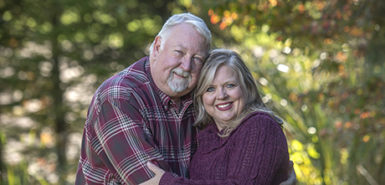 /a>
/a>
Cindy, I wish you the best! So glad you caught this early! Thanks for sharing your story.